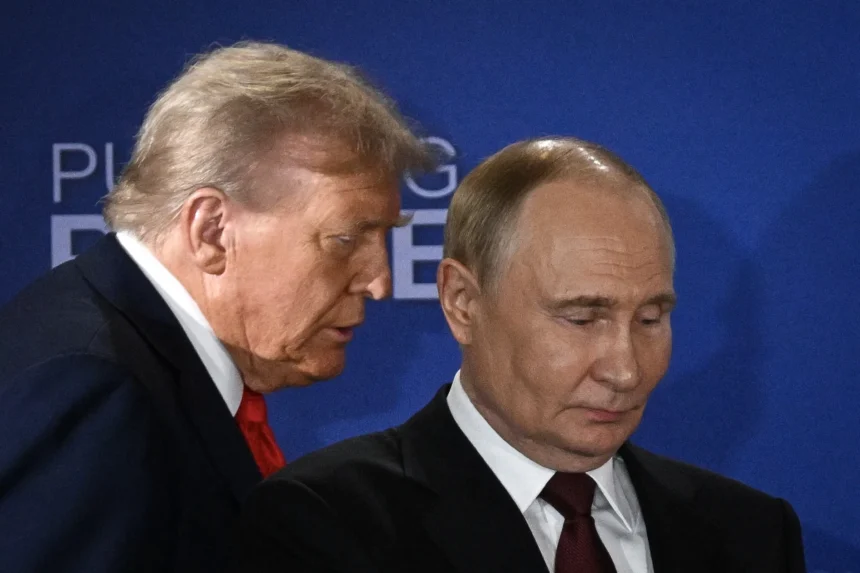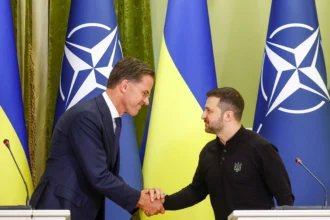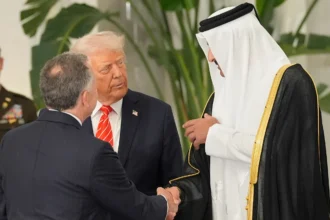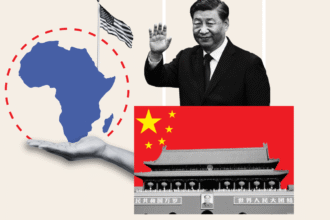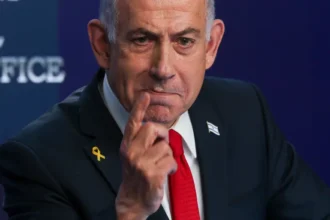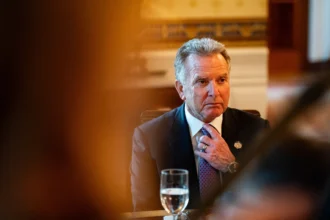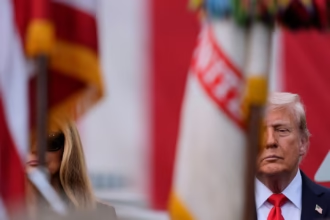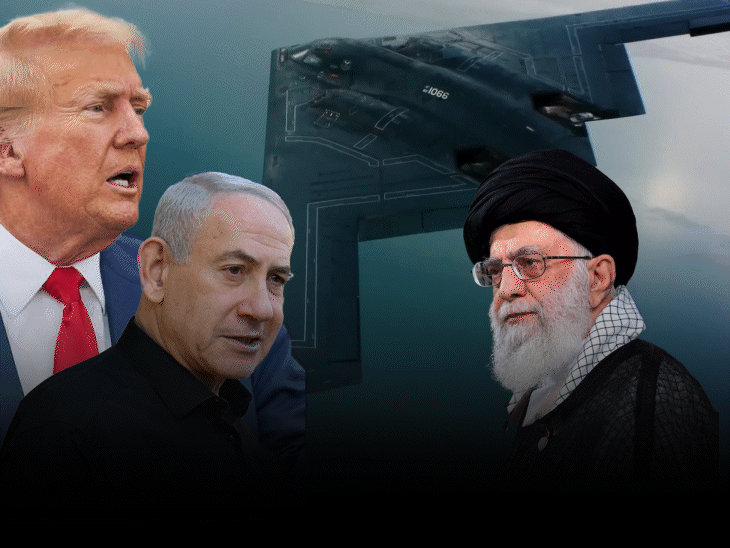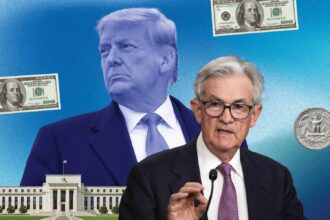The war in Ukraine has dominated global headlines for more than two years, reshaping the security architecture of Europe and straining relations between the world’s major powers. While most of the public discourse has revolved around high-profile summits, sanctions packages, and battlefield developments, real progress—or the illusion of it—often occurs behind closed doors. According to recent remarks by real estate mogul and political donor Steve Witkoff, both the United States and Russia have quietly agreed on certain security pledges regarding Ukraine, raising fresh questions about the direction of the conflict, the possibility of negotiations, and the extent of undisclosed diplomacy shaping the war’s future.
The Claim and Its Implications
Witkoff, who has longstanding ties to political circles in Washington and business contacts in Europe, suggested that Washington and Moscow have reached under-the-radar understandings about Ukraine’s security status. While his comments stop short of detailing specific terms, they hint at the kind of compromises that have long been floated but seldom acknowledged publicly: restrictions on NATO’s forward presence, limits on arms deployments, and assurances regarding Ukraine’s long-term neutrality or territorial arrangements.
If true, such pledges would represent the first tangible movement toward confidence-building measures between the two adversaries since Russia’s invasion in February 2022. They would also underscore the enduring importance of back-channel diplomacy—a practice often denied until after the fact, yet pivotal in conflicts where public positions remain rigidly opposed.
Strategic Context: Why Security Guarantees Matter
For Russia, security guarantees have been central to its rhetoric for decades. Moscow has insisted that NATO’s eastward expansion poses an existential threat, and it framed the invasion of Ukraine as a response to Western encroachment. For the US and its allies, security pledges are more delicate: any perception of conceding to Moscow risks undermining Ukraine’s sovereignty and emboldening future aggression.
The idea of pledges, therefore, is fraught but potentially constructive. A framework might include:
- No NATO membership for Ukraine in the near term, in exchange for ironclad Western security assistance.
- Arms deployment limits, such as restricting missile systems in border regions.
- Territorial non-recognition compromises, where certain occupied areas remain contested but not escalated further.
- Economic incentives, allowing Russia gradual reintegration into global markets if it abides by agreed terms.
Each of these carries risks, yet together they sketch a blueprint for a frozen conflict rather than an ongoing war of attrition.
The Role of Back-Channel Negotiations
The idea that high-stakes talks are happening in parallel to battlefield developments is not surprising. Throughout the Cold War, the US and USSR often conducted secret exchanges that later defined strategic arms control and crisis management. The Cuban Missile Crisis of 1962, for instance, was resolved through an unpublicized deal involving US missile withdrawals from Turkey—details that only emerged years later.
In the Ukraine conflict, similar back channels would allow leaders to test compromises without political backlash. The Biden administration has repeatedly insisted that “nothing about Ukraine will be decided without Ukraine,” but diplomatic realities often involve exploratory discussions that are not immediately disclosed to Kyiv.
Possible Motivations for Both Sides
- For Washington: With a presidential election looming in 2024, the White House is under pressure to show progress in winding down foreign entanglements while maintaining credibility with allies. Even symbolic pledges could serve as talking points for stability.
- For Moscow: After heavy battlefield losses, Russia is eager to secure political wins it can sell domestically. Limited security pledges from the US could allow the Kremlin to claim validation of its concerns without requiring immediate territorial concessions.
- For Ukraine: The prospect of Washington and Moscow negotiating over its fate is deeply unsettling. President Volodymyr Zelenskyy has consistently rejected any deals that undermine Ukraine’s sovereignty, warning Western allies that any “grand bargain” without Kyiv’s consent would be unacceptable.
Skepticism and Denials
As with any claim of behind-the-scenes agreements, skepticism is warranted. Officials in Washington, Brussels, and Kyiv have denied formal pledges, and Witkoff’s remarks may reflect rumors within elite donor circles rather than confirmed policy shifts. Diplomats familiar with the talks insist that while exploratory conversations are constant, there is no binding framework in place.
Still, history shows that denials often precede eventual acknowledgment. The mere suggestion of secret pledges signals that serious negotiation tracks may already be underway, even if leaders remain committed to public posturing.
What Comes Next
If Witkoff’s claim holds weight, the coming months could see:
- Gradual softening of rhetoric by both Washington and Moscow, preparing domestic audiences for eventual compromises.
- More intense debates within Ukraine over sovereignty versus survival, as Kyiv resists being sidelined.
- Increased speculation in European capitals about how NATO’s unity might fracture if the US prioritizes a deal with Russia over Kyiv’s preferences.
Ultimately, the outcome will depend less on business leaders and donors and more on the hard calculus of battlefield momentum, domestic politics, and global alliances. But Witkoff’s revelation adds another layer of intrigue to an already complex war—suggesting that while soldiers fight on the front lines, the outlines of peace, or at least a frozen conflict, may already be taking shape in private rooms.
Conclusion
The war in Ukraine is as much about diplomacy as it is about drones and artillery. While Witkoff’s remarks about US-Russia security pledges remain unverified, they highlight the undercurrents of negotiation that often go unnoticed until the dust of conflict begins to settle. Whether these pledges mark the first step toward de-escalation—or merely another rumor in a fog of war—remains to be seen. But history suggests that when wars drag on, quiet deals often precede public peace.

